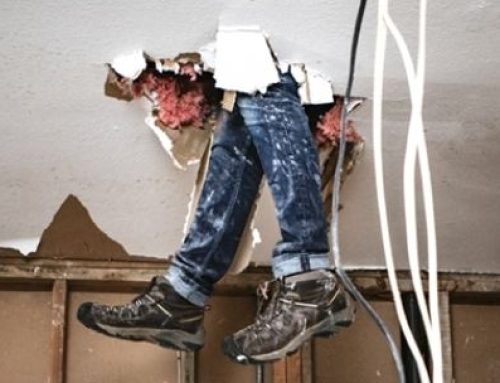Unless you’re a big-time investor, you probably don’t purchase real estate often at all. On average, people buy a new property every seven years, but it can often stretch into decades between drinks. As a result, it’s easy to feel unfamiliar with the process when you start looking on the market after a long absence. Choosing a building inspector is no exception.
When searching for an inspector and comparing the results, a natural response will be to choose the one that offers the cheapest rate. If you choose to take this road it may seem like you’re getting the same service regardless of cost – but you don’t know what you don’t know. You may never discover what you should have received without digging a little deeper. It’s natural to want the best price on a service, but don’t let it compromise the standard. Choosing an inspector on price alone is a quick way to land yourself in hot water.
When it comes to building reports, you get what you pay for
As we’ve mentioned in some of our previous blogs, not all building inspectors are the same. Those emphasising bottom-dollar rates are often inexperienced and possibly unqualified – at the very least, they are giving you the bare minimum. The industry is also unregulated, which only serves to make the waters even murkier.
The cheap inspector is probably either the one recommended by the vendor’s agent or the highest bidder – or the lowest, in this case – found through your Google search. You should already be hearing alarm bells if you find yourself in the first scenario.
Identifying building defects: The devil is in the detail
These inspectors commonly use a standardised report known as a Pre-Purchase Template, which contains a huge number of pages filled with endless disclaimer clauses, standardised comments and large photos – but a profound lack of useful information. When they do make a comment, it will be couched in such cautious, ‘don’t-sue-me’ language that you may very well read through the entire report without getting an accurate portrayal of the condition the property is in.
Remember: an inspection report is next to useless unless it’s thorough and unbiased. While you may make a small short-term saving on a cheap inspection, you could end up paying for it down the track in the form of unexpected repairs and maintenance issues. On top of that, any problems missed in the inspection report mean you are losing negotiating power that could potentially lower the price of the property.
Bye for now,
-Mike







Leave A Comment